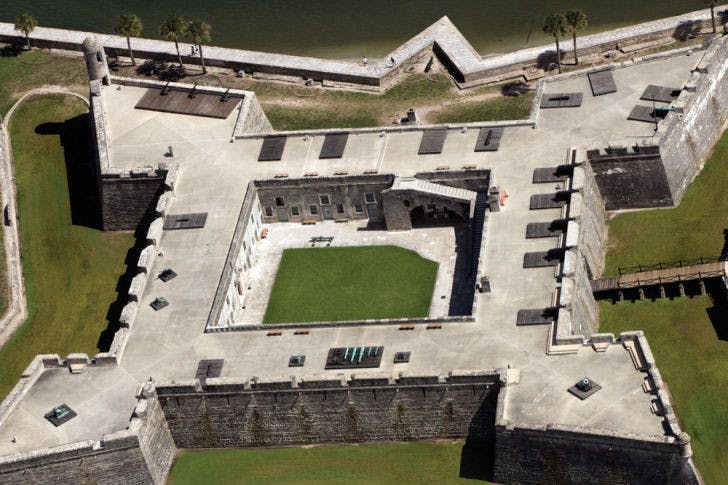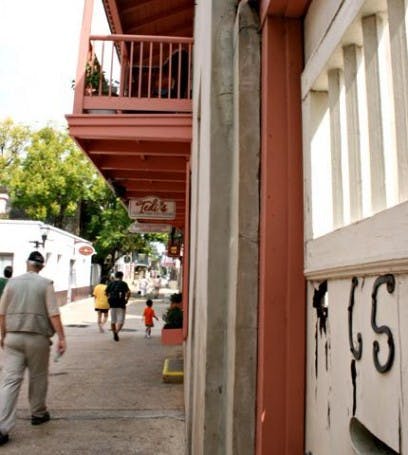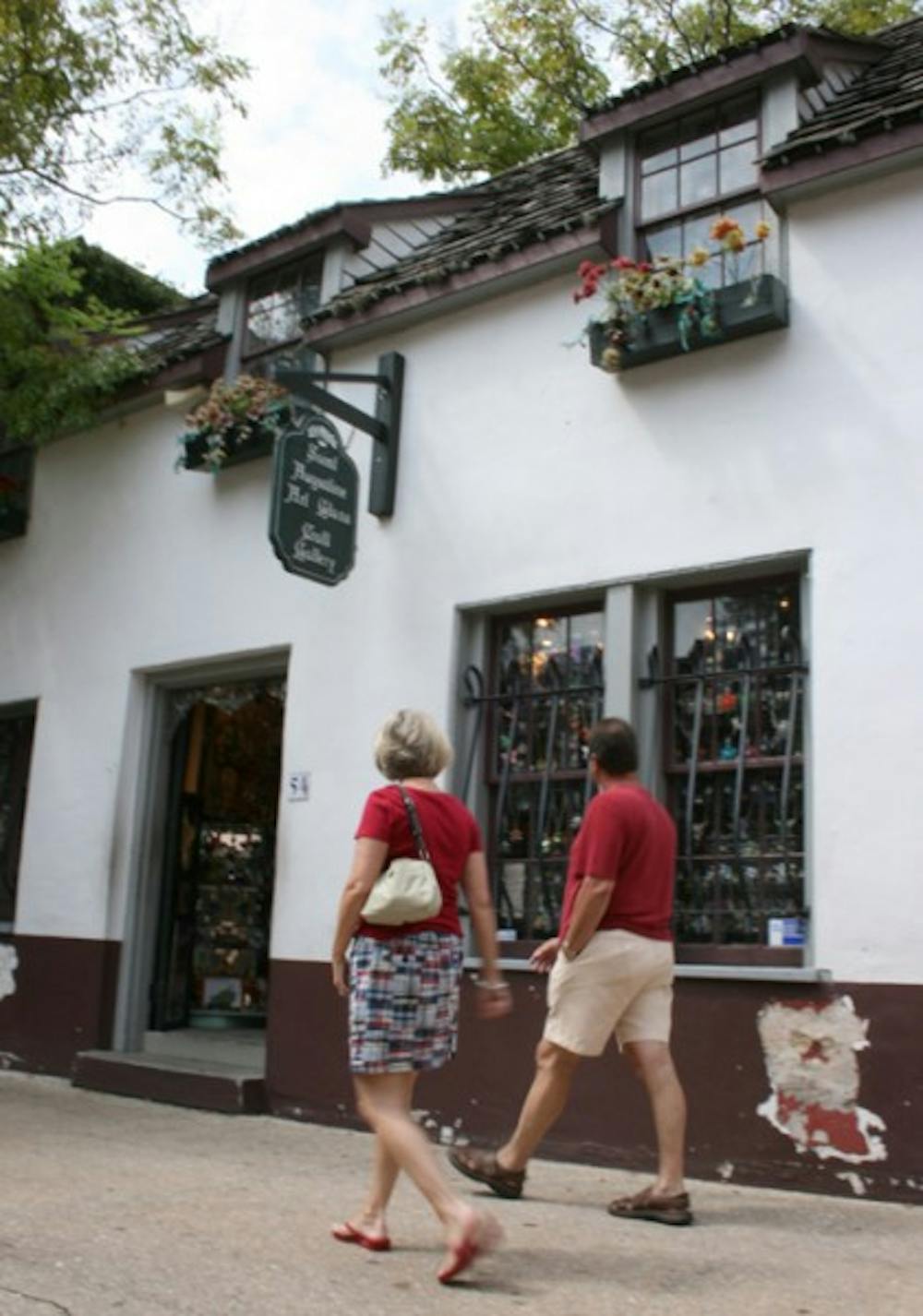A group of Gainesville and UF researchers will delve into the history of St. Augustine and explore Cuba on a documentary airing nationally on PBS on Tuesday.
The episode, “Secrets of Spanish Florida,” will be part of PBS’s “Secrets of the Dead” series and will air at 9 p.m. It features four UF professors, the curator of the P.K. Yonge Library of Florida History and a Florida Museum of Natural History retired archaeologist and a current project historian.
Jack Davis, a UF history professor who teaches the course “Florida to 1 845,” will speak on his expertise in Spanish Florida’s history in the documentary.
“Florida has an aboriginal and European past that is unique and fascinating, the stuff of a good book or Steven Spielberg movie,” Davis said. “Why he hasn't made one of the life of Francisco Menendez is his and Hollywood's loss.”
The documentary was dedicated to former UF history professor Michael Gannon, who died at 89 in April, according to Alligator archives.
The episode focuses on Spanish settlers who discovered St. Augustine, the first permanent European settlement in the U.S., in 1565, decades before English Protestants founded Jamestown.

The Castillo de San Marcos National Monument in St. Augustine.
U.S. historians typically exclude colonial Spanish Florida’s roots from textbooks and opt to only mention British colonization, Davis said. This documentary explores the Spanish colonization that may be missing from many’s knowledge on the country’s foundation.
Among the Spanish settlers was a melting pot of people from Africa, Ireland, Germany and Italy who integrated with local tribes, according to a summary from PBS.
The program’s highlights include the discovery of manuscripts written by the Timucuan people, a tribe indigenous to Florida and Georgia, and interviews with two members of the “lost tribe” known as the Yamasees.
The documentary also details the story of a community of about 100 African-born slaves who fled the Carolinas to St. Augustine for freedom, said Jane Landers, a Florida Museum of Natural History historian and Vanderbilt University history professor, who is also in the episode.

People walk past the Benet House, now Tedi's Olde Tyme Ice Cream, in downtown St. Augustine on a Tuesday afternoon in September 2008.
After the English seized Florida, the African and Spanish exiles of St. Augustine were given land grants in Cuba, she said.
PBS filmed Landers on a trip to Cuba as she digitally preserved the records of the runaway slave community who founded a new town near Havana.
Landers said she hopes viewers learn more about the history of enslaved and freed Africans in the Americas in the century before Jamestown.
“Everybody’s worked so hard to bring this thing to life that I’m excited that it’s going to happen finally,” she said.
Contact Amanda Rosa at arosa@alligator.org. Follow Amanda on Twitter @amandanicrosa.
People walk past St. Augustine Art Glass, housed in the historic but dilapidated Paredes Dodge House at 54 Saint George Street in St. Augustine Tuesday afternoon in September 2008.






